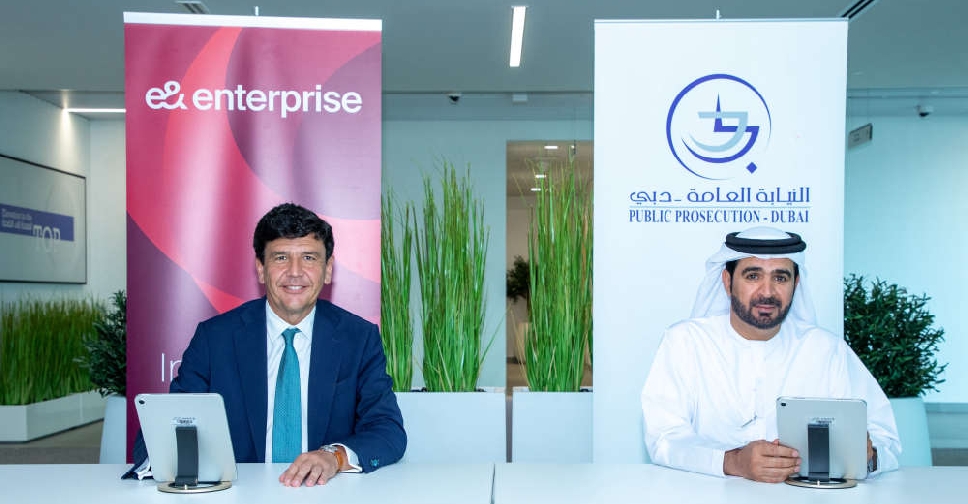
India on Thursday said it will impose a licensing requirement for imports of laptops, tablets and personal computers with immediate effect, a move that could hit hard the likes of Apple, Dell and Samsung and force them to boost local manufacturing.
Current regulations in India allow companies to import laptops freely, but the new rule mandates a special licence for these products similar to restrictions India imposed in 2020 for inbound TV shipments.
Industry executives said a licensing regime would mean prolonged wait times for each new model they launch, and would come just ahead of a festive season in India when sales typically surge.
The government notification gave no reason for the move, but Prime Minister Narendra Modi's government has been promoting local manufacturing and discouraging imports under his "Make in India" plan.
India's electronics imports, which include laptops, tablets and personal computers, stood at $19.7 billion in the April to June period, up 6.25 per cent year-on-year.
Laptops, tablets and personal computers account for about 1.5% of India's total annual imports, with nearly half of those from China, according to government data.
Many of Apple's iPads and Dell's laptops are imported into the country, rather than being manufactured locally.
The intent seems to be "substitution of certain goods that are imported heavily", said Emkay Global economist Madhavi Arora.
Apple, Dell and Samsung did not immediately respond to Reuters' requests for comment. They, along with Acer, LG Electronics, Lenovo and HP Inc, are some of the key sellers of laptops in the Indian market.
The move is expected to benefit contract manufacturers like Dixon Technologies, whose shares rose more than 7 per cent on the news.
"The move's spirit is to push manufacturing to India. It's not a nudge, it's a push," said Ali Akhtar Jafri, former director general at electronics industry body MAIT.
India's government has extended the deadline for companies to apply for a $2 billion incentive scheme to attract big-ticket investments in IT hardware manufacturing, which covers products like laptops, tablets, personal computers and servers.
The scheme is key to India's ambitions to become a powerhouse in the global electronics supply chain, with the country targeting annual production worth $300 billion by 2026.
The country has imposed high tariffs in the past on products like mobile phones to catalyze domestic output.



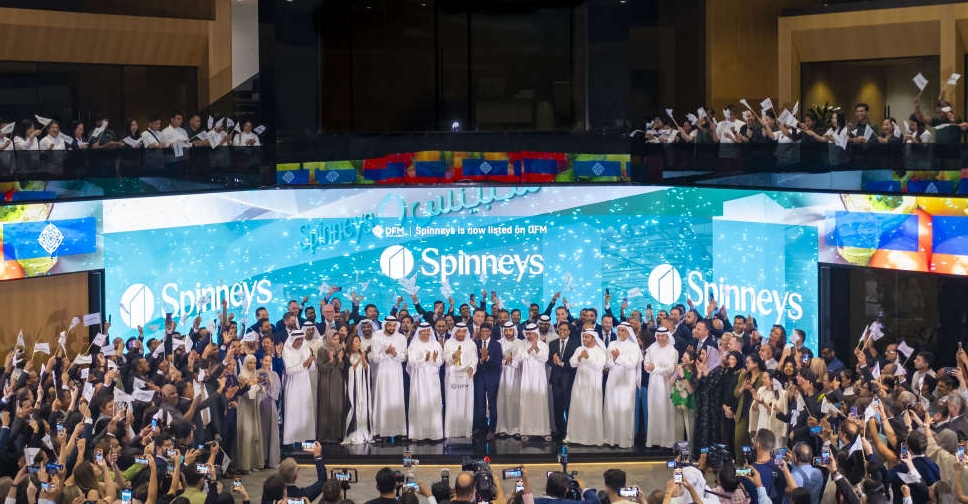 Spinneys makes Dubai stock exchange debut
Spinneys makes Dubai stock exchange debut
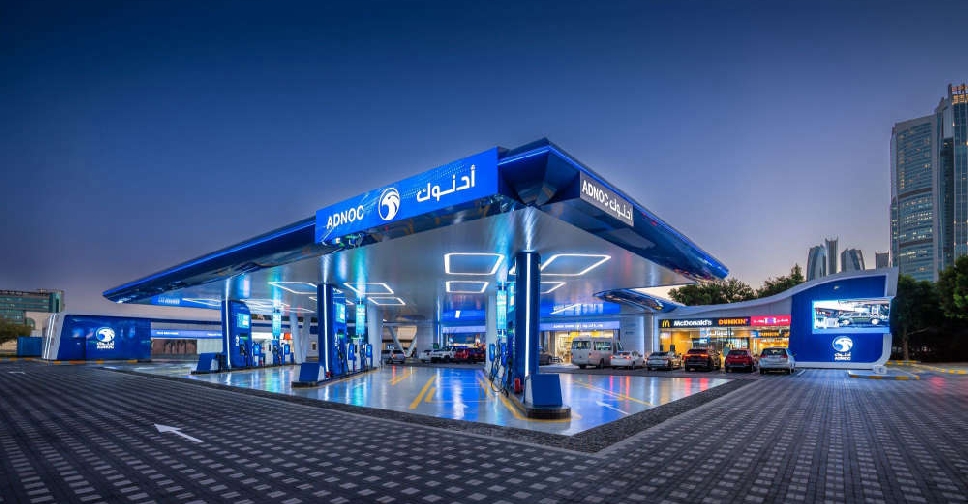 ADNOC reports 18% Q1 growth
ADNOC reports 18% Q1 growth
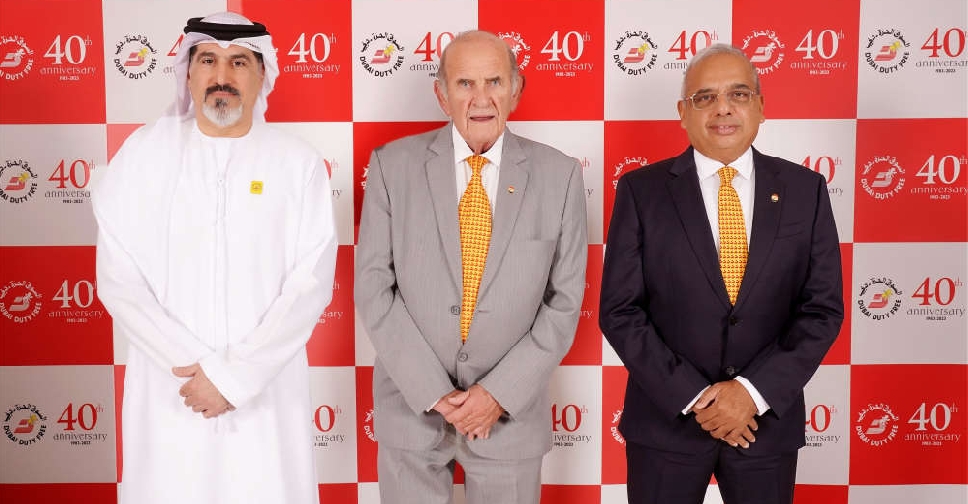 Dubai Duty Free boss to retire after 41 years
Dubai Duty Free boss to retire after 41 years
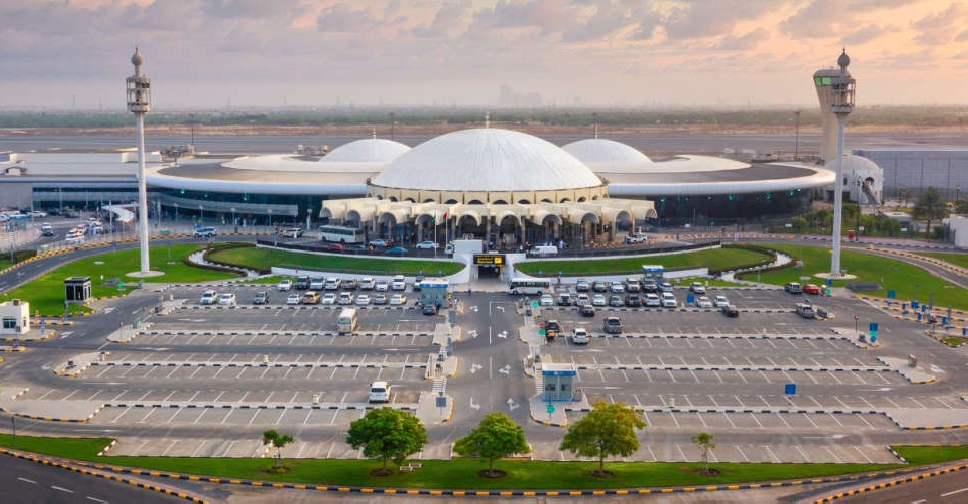 Sharjah airport welcomes over 4 million passengers
Sharjah airport welcomes over 4 million passengers
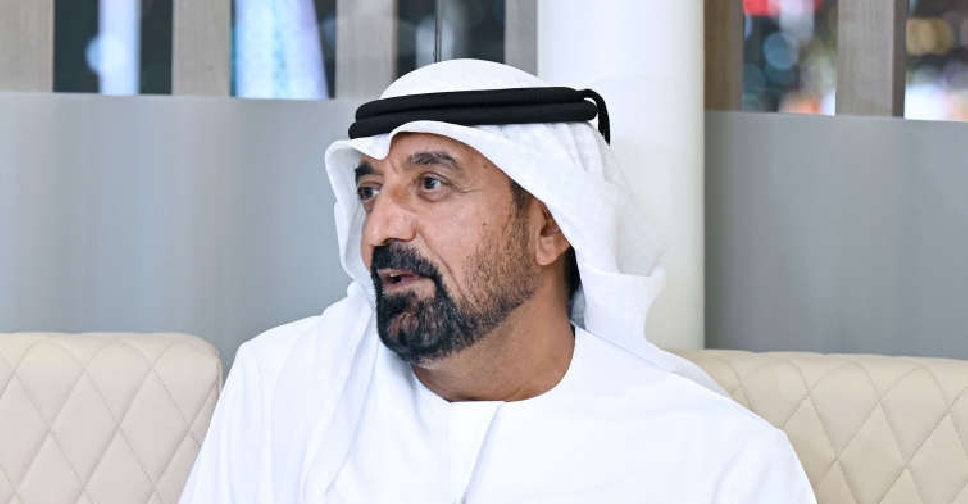 DXB on track to surpass 90 million passengers in 2024
DXB on track to surpass 90 million passengers in 2024

